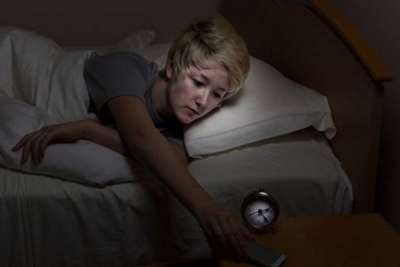In a decision that has significant implications for the care sector, the Court of Appeal has recently reversed an earlier Tribunal decision regarding pay for workers on “sleep-in” shifts. The court ruled that such workers are not entitled to The National Minimum Wage for the hours they are sleeping and not actually supporting clients. Instead, a flat pay rate for each shift is deemed as fair and acceptable.
In the case of Royal Mencap Society v Tomlinson-Blake, an Employment Tribunal and then an Appeal Tribunal had previously ruled that a carer, Mrs Tomlinson-Blake, should be paid the National Minimum Wage for her entire night shift. This was despite the fact that she slept on-site and facilities were provided for her to do so. The Tribunal also concluded that six year’s back-pay should be made.
The Court of Appeal did not agree with the Employment Tribunal or EAT however, allowing the care industry to breathe a sigh of relief. The estimated cost in back-pay across the care sector is an estimated £400million. This may be only a temporary reprieve however as the case may yet go to the Supreme Court for a final ruling.
Ever since the introduction of the National Minimum Wage and National Living Wage, cases such as this have been the subject for dispute over pay. The care sector in particular has been under scrutiny but other professions including fire-fighters and night-watchmen are also affected.
Had the Court of Appeal upheld the earlier decisions, some care providers would have undoubtedly been forced into bankruptcy by their back-payment bill. This would have left many vulnerable people without care and put a huge strain on local authorities and ultimately the NHS. However the decision does appear to fly in the face of other decisions regarding minimum wage.
The Sports Direct case a few years ago is a classic example. Workers who had finished their shift were required to queue up to be searched before they could leave the Sports Direct premises. This queueing time was regarded as working time because the employees were required to be on site; thus resulting in an increase in working hours and so a pay rate that fell below the national minimum allowed. Why don’t those “on-site” rules apply here?
With the potential financial implications that a ruling in favour of National Minimum Wage for sleep-ins would have on an already struggling system, we wonder whether there was any political motivation in the Court of Appeal’s decision.
It will probably be a while for this case to reach the Supreme Court for an ultimate decision. If you’re an employer who might be affected ruling in favour of Mrs Tomlinson-Blake, it’s probably good advice to be prepared for the worst.
If you're affected by this topic or if you need some HR support over how you pay your workers give us a call on 01452 331331 or e-mail This email address is being protected from spambots. You need JavaScript enabled to view it.




